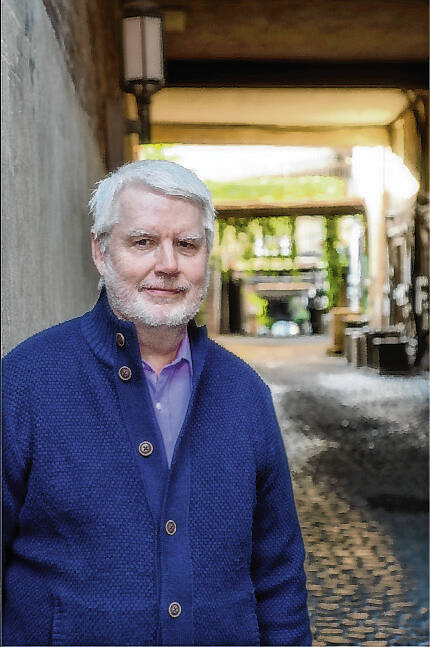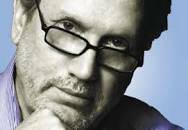I’m offering a challenge this week. The first part of the challenge is to recall three or four people who have come into your life in the past 10 years and whose friendship has made a positive difference. How many of those new friendships began with a chance encounter?
The second part of the challenge is to recall, over that same 10-year-period, three or four events that occurred in your life that added something positive to your life. How many of those events seemed to happen by chance?
What those memories might teach us is that some of the events and people who most changed our lives were moments or encounters that happened seemingly by chance. Conversely, we might recognize that some people who we thought would make a huge difference in our lives didn’t change us at all. The same could be said of certain events.
It is interesting that people won’t agree on what these chance meetings mean. Are we fated to have the experiences and encounters? Do these encounters happen by random chance? Are they flukes? Is there some divine or supernatural intervention that causes them? Was the encounter determined, as some of our ancient ancestors believed, by the stars?
If we cannot agree on what causes these life-changing experiences, that doesn’t stop us from recognizing the impact of these experiences on our lives. We might agree that if we’d arrived five minutes earlier or later to a particular place, we wouldn’t have met someone who has greatly influenced our lives, but the impact of that person or event doesn’t reveal whether the meeting was destined or accidental.
A favorite movie of mine that explores seemingly chance encounters is “Changing Lanes” (2002). The lives of two individuals from widely differing backgrounds, so different that we wouldn’t expect them to ever meet, intersect with one another through a traffic accident. They both say what we would say in such moments: “This wasn’t supposed to happen to me today.”
As an automobile accident, the crash isn’t serious, but the ramifications of that accident become very serious. For most of the film, the two individuals, played by Samuel L. Jackson and Ben Affleck, try to “fix” the problems caused by the accident by demanding something of the other person. It is only at the movie’s conclusion that the characters realize that the accident offered the chance to change something major in their lives.
What I appreciate about “Changing Lanes” is that the movie shifts the question we might ask about seemingly chance encounters. Instead of answering the question, “Did the traffic accident happen by pure chance or was it meant to be?” the movie instead asks, “What lesson did this encounter teach the two characters about themselves or others?”
The truth is that the purpose of chance encounters and experiences is left up to us to determine. If an encounter is “sent” by some divine being or force, but we learn nothing from it, wouldn’t that encounter be as if it never happened? Similarly, if we learn something significant about ourselves or others from an encounter, wouldn’t we be grateful even if the experience happened by pure chance?
We have probably all heard the phrase attributed to John Lennon, “Life happens when you are busy making other plans.” When life happens unexpectedly, it’s worth a few moments of reflection to ask, “What lesson can I learn from this unexpected moment?”
David Carlson of Franklin is a professor emeritus of philosophy and religion. Send comments to [email protected].





